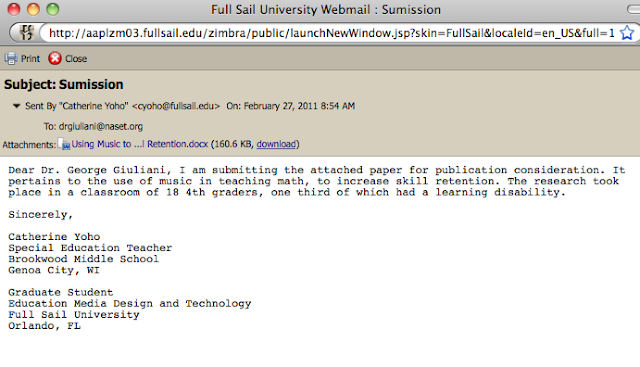 |
| On the hill with thousands - listening, sharing |
 |
| The crowd as seen from 2 blocks away |
I found these chapters very interesting and I am looking forward to implementing the ideas presented in them.
Right away, in chapter 9: Lighting a Spark (p. 123), I connected with the story of Ben's father saying that "Certain things in life are better done in person." How true, especially as Wisconsin teacher unions are under the pen of the governor. Following this advice, my husband, son, and I headed to Madison yesterday to join in the protest. It was cold. It was snowy. We all had many other things that would benefit from time spent on them. But this was something that needed to be done in person. About 80-100,000 other people agreed with me yesterday. The turnout and spirit were inspiring. Will we change Gov. Walker's mind? I don't know. But the need to stand up IN PERSON conveyed the importance of the situation.
Being the Board presented a whole new concept to me. Situations are not about blaming and victims, but opportunities, reflection and collaboration. It stops finger pointing and moves forward by doing so. The blame and victimization is taken out of the equation. I think the reflection of being the board is key. By reflecting, it is possible to become more objective about realities of a situation, rather than getting caught up in the abstract of "what if " and the "should of/ could of" that do little to solve a problem but keep you mired in the emotionality of it. I think that an attitude of being the board will be very useful to me as I work with others to develop their Individual Education Plan, based on current information rather that how previous parties addressed the same situation. I really appreciated the story about Cora quitting the orchestra and Ben's letter about deserving an A. Reflection and opportunities can move us past mistakes and into new relationships of growth and collaboration.
Creating Frameworks for Possibility again brought me to the current situation in Wisconsin. On line hit home and I wish Gov. Walker were aware of it.
"Leadership is a relationship that brings this (creative powers and connectivity) possibility to others and to the world, from any chair, in any role. This kind of leader is not necessarily the strongest member of the pack ... The 'leader of possibility' invigorates the lines of affiliation and compassion from person to person in the face of tyranny of fear."(p. 162)
Telling the WE Story helped me to reconsider a situation I am in with a teacher at school who is telling two stories about how a student with Down Syndrome is being welcomed into his classroom. One story to the parents and one story to colleagues. I found myself confronting this teacher last week, very angry at his differing stories. He was immediately put on the defensive and the result was detrimental to both the student's situation and a professional relationship between the other teacher and myself. After reading the chapter, I realize how important it is for me to meet with that teacher again. Not to confront what he or I thinks the situation is and our individual solution, but to write the WE story of how we can build a connection that appreciates the individual contributions of everyone involved, especially the student. Reconciliation. I have also ordered a copy of this book to share with him and other teachers, and our principal, in the desire to create an environment of creativity, understanding, and growth for our school.
 |
| Cold and snow - we still stand strong! 2-26-11 |











